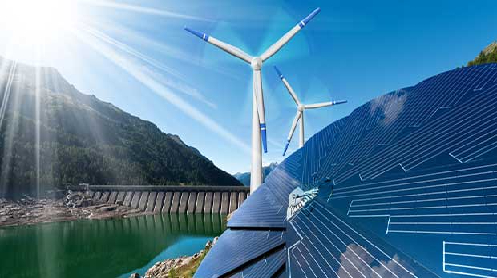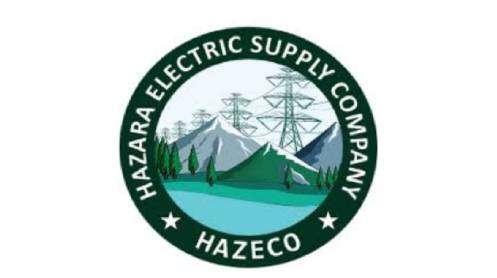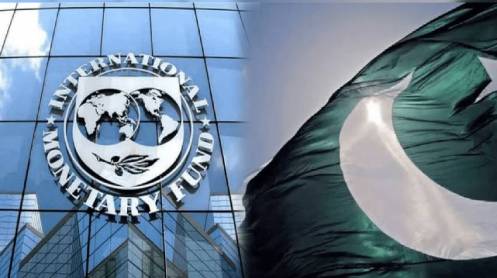ISLAMABAD: Pakistan holds vast potential to generate affordable, carbon-free electricity through solar and wind energy, but inadequate grid infrastructure threatens to slow its clean energy transition, warns a new United Nations report.
The 2025 Review of Climate Ambition in Asia and the Pacific, released by the UN Economic and Social Commission for Asia and the Pacific (UN-ESCAP), emphasizes that Pakistan must make substantial investments to modernize and expand its grid network to integrate large-scale renewable projects while maintaining system reliability.
The report notes that a successful phase-down of coal power will require a comprehensive, “just” transition strategy — one that protects workers, industries, and vulnerable households while setting clear policy targets and engaging all stakeholders.
Solar and Wind Outperform Coal
According to UN-ESCAP, solar and wind energy have become cost-competitive with coal, offering Pakistan a major opportunity to reduce electricity costs and emissions. The SDG-7 Roadmap for Pakistan shows that the Levelised Cost of Electricity (LCOE) for renewables is now significantly lower than that of coal-based power generation.
However, the UN cautions that policy consistency, institutional reform, and financial support are critical to sustain investor confidence and accelerate renewable deployment.
Regional Momentum
Placing Pakistan’s energy shift within the broader Asia-Pacific context, the report highlights that the region contributed 60 percent of global GDP growth over the past decade and accounted for 70 percent of new renewable capacity additions in 2024. Yet, it also faces growing climate and debt-related vulnerabilities.
Governments across the region are integrating net-zero commitments into their Nationally Determined Contributions (NDCs) and reforming legal frameworks to attract clean energy investment.
Despite this progress, Asia-Pacific countries remain deeply dependent on coal, producing 84 percent of global coal-fired electricity in 2024. The UN concludes that phasing down coal will demand strong political will, subsidy reforms, and coordinated policies to promote renewable energy and efficiency measures.
Story by Amin Ahmed







